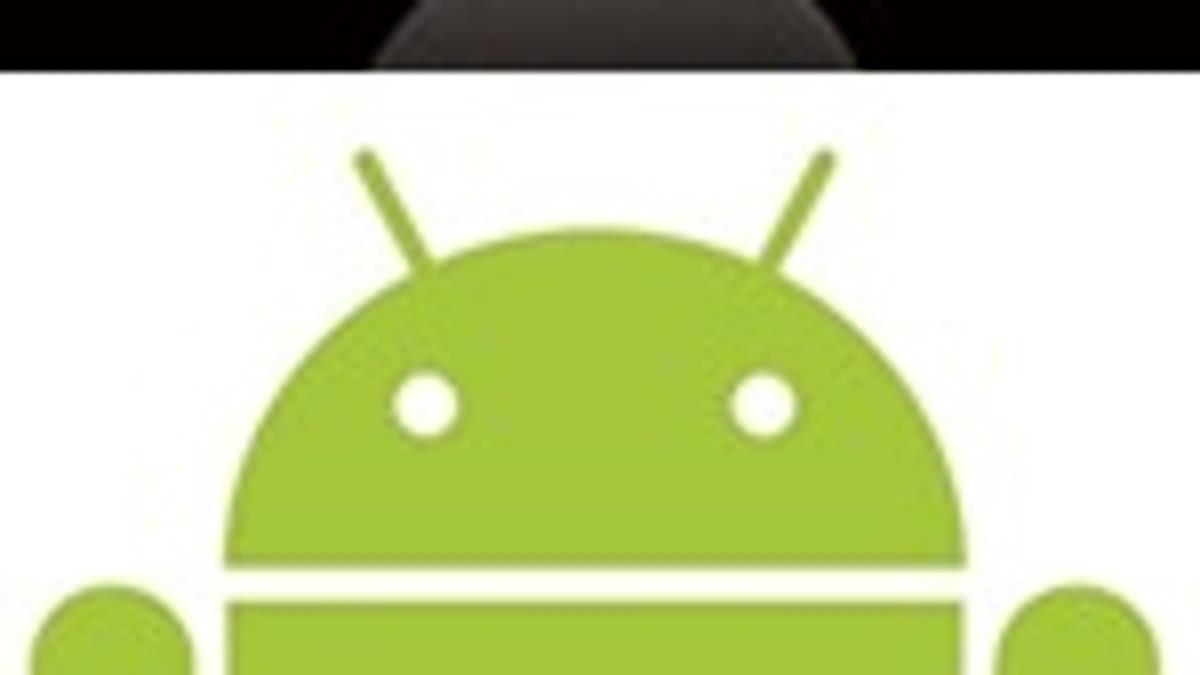Apple, Google appeal Posner's toss-out of patent case
Both companies appeal Judge Richard Posner's dismissal ruling, which some have seen as a possible catalyst for a patent-system overhaul. Also: Google argues that tech that catches on with consumers should be seen by the courts as a de facto standard.

Apple and Google have appealed a ruling by U.S. Circuit Judge Richard Posner that flat-out dismissed an iOS and Android-related patent case between the two companies.
Both tech giants filed appeal notices yesterday regarding the June 22 ruling, Bloomberg reported. Posner had canceled a jury trial over the tit-for-tat infringement claims, saying neither company had been able to prove damages and that neither would be allowed to refile claims in this particular case, which has been lurching along in the U.S. District Court in the Northern District of Illinois (Chicago).
The two companies have been duking it out over their respective mobile OSes for some time now, as Apple "goes thermonuclear war" -- in the words of Steve Jobs -- on Android and the device makers that rely on the software. The struggle is taking place in various countries and courtrooms around the world.
Posner has been particularly critical of the patent system, saying in a recent essay in The Atlantic that "the cost of patenting and the cost of resolving disputes that may arise when competitors have patents are a social waste."
Because of Posner's lofty reputation, his ruling in the case has been seen by some as a watershed moment that could possibly spark a patent-system overhaul of some kind.
In related news, Google's lawyers are claiming that technologies that catch on with consumers should be considered de facto standards and handled somewhat like so-called frand patents, as noted in a summation yesterday by All Things D's John Paczkowski.
Frand patents cover technologies an industry has agreed to accept as standards, provided the patent holders in turn agree to license them at reasonable rates. Posner skewered Google's lawyers for seeking injunctive relief based on such a patent. How can a company that's agreed to license a standards-essential technology then balk when a company that's willing to pay fees uses the tech, Posner wondered.
Paczkowski capsulizes Apple's response to the recent Google claim thus:
Standardized technologies facilitate interoperability among disparate devices by giving them the same core functionality. They create a platform for competition. Non-standardized technologies differentiate those devices, create competition, and drive innovation in the marketplace. Subjecting non-standards-essential patents to the same rules as those governing standards-essential ones will hamper innovation and harm consumers.
But Google argues that patents on such now seemingly fundamental smart-device features as multitouch or slide-to-lock can be abused just as easily as frand patents and can thus end up stifling true competition.

